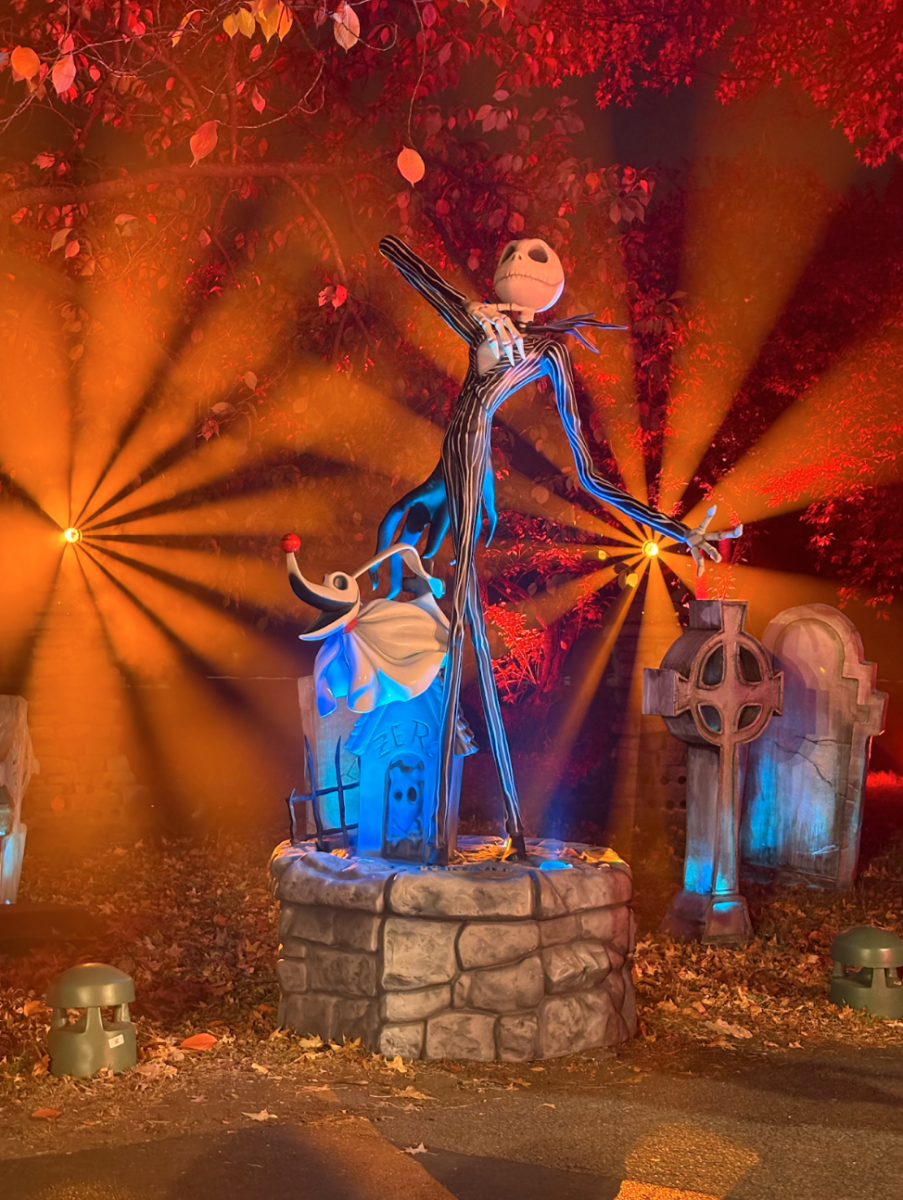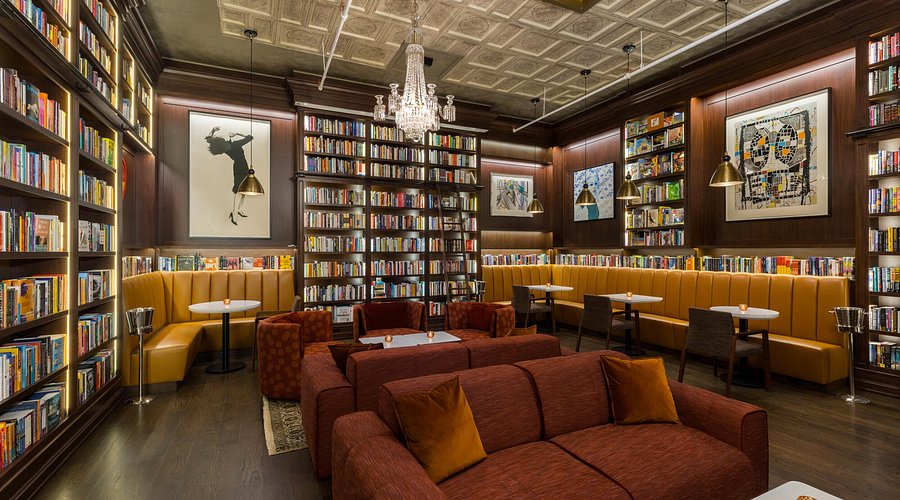By Claire Del Sorbo

On a seemingly ordinary day, I refreshed my email. Within a few seconds, I was a blubbering mess making a spectacle of myself on Eddie’s. This was the day I won the “Hamilton” lottery. After months of trying to win tickets to the show, my hard work had finally paid off. Later that evening, I paid
$20 for two tickets worth $1,000 each on eBay and laid my eyes upon the glory that is “Hamilton.”
For the past year, “Hamilton” has taken Broadway by storm. Tickets are sold at astronomically high prices. The cast album has sat on the top of the charts for weeks. It is a Tony, Grammy and Pulitzer winning piece, with success that is matched by almost no other production in history. The question is, to many, why is it so popular?
“Hamilton” is a hip-hop musical written by Lin-Manuel Miranda of “In the Heights” and the upcoming Disney film Moana. It is a dramatization of the life of America’s first Treasury Secretary, Alexander Hamilton, a founding father often left out of historical narratives due to his untimely death.
Miranda was inspired to write it after reading “Alexander Hamilton” by Ron Chernow. It covers nearly all of the important events of his life: his arrival in New York after a childhood in the Caribbean, his marriage to Elizabeth Schuyler, his involvement in the Revolutionary War and drafting the Constitution, his sex scandal, his rivalry with the other founding fathers, the death of his son and, of course, his fateful duel with Aaron Burr. The show presents an immense emphasis on reputation, legacy and “who lives, who dies, who tells your story.”
The production practices colorblind, or rather, colorful casting, meaning that nearly all the roles are played by people of color. Casting people of color as historically white people adheres to the same idea of memory and storytelling. At its core, “Hamilton” is the story of yesterday’s America told by today’s America. It juxtaposes the immigrants of the past with the immigrants of the present. In a time where hashtags such as #OscarsSoWhite emerge due to a lack of diversity in media, “Hamilton” represents a breath of fresh air for people of color and allies alike; giving people of all ethnicities an opportunity to perform.
When I first heard about the concept of “Hamilton” about a year and a half ago, I was perplexed by the concept of rapping founding fathers. However, after receiving context about the show and listening to its soundtrack, I realized that trying to tell Hamilton’s story in any other way would be complicated. The lyrics of every song condense Hamilton’s life and the events surrounding it into a three-hour theatrical production. Hamilton was an insatiable writer, as he explains in the musical. He wrote essays in order to leave St. Croix, he wrote love letters to Eliza and he wrote the “Federalist Papers,” which defended a loose interpretation of the Constitution. Miranda, a writer himself, has incorporated this element of Hamilton’s identity into the lyrics, which is a stroke of genius.
Seeing “Hamilton” live was an extremely emotional experience for me. For the past year, the cast recording has accompanied me through finals. I played it in my car every day this summer. It was my only solace as I began to think that my chances of seeing it in the next five years were second to none. Every decade or so a musical comes along that is so extraordinary and transcendent, it is impossible to ignore. “Hamilton” is without a doubt the musical of the decade, and to quote the opening number, “the world will never be the same.”




































































































































































































